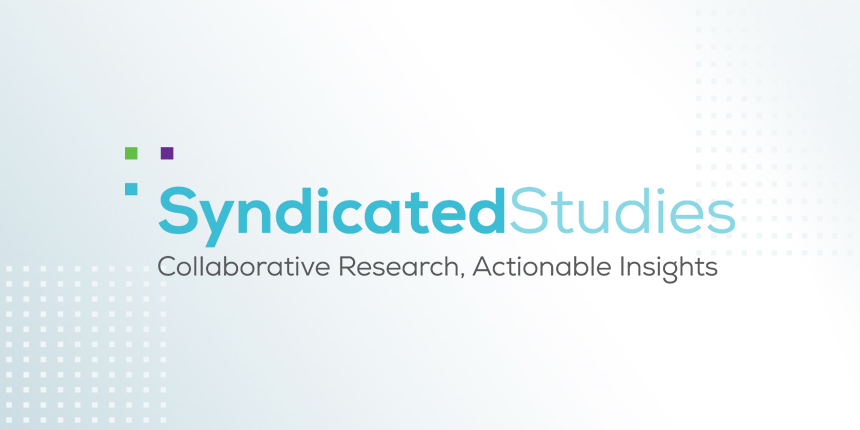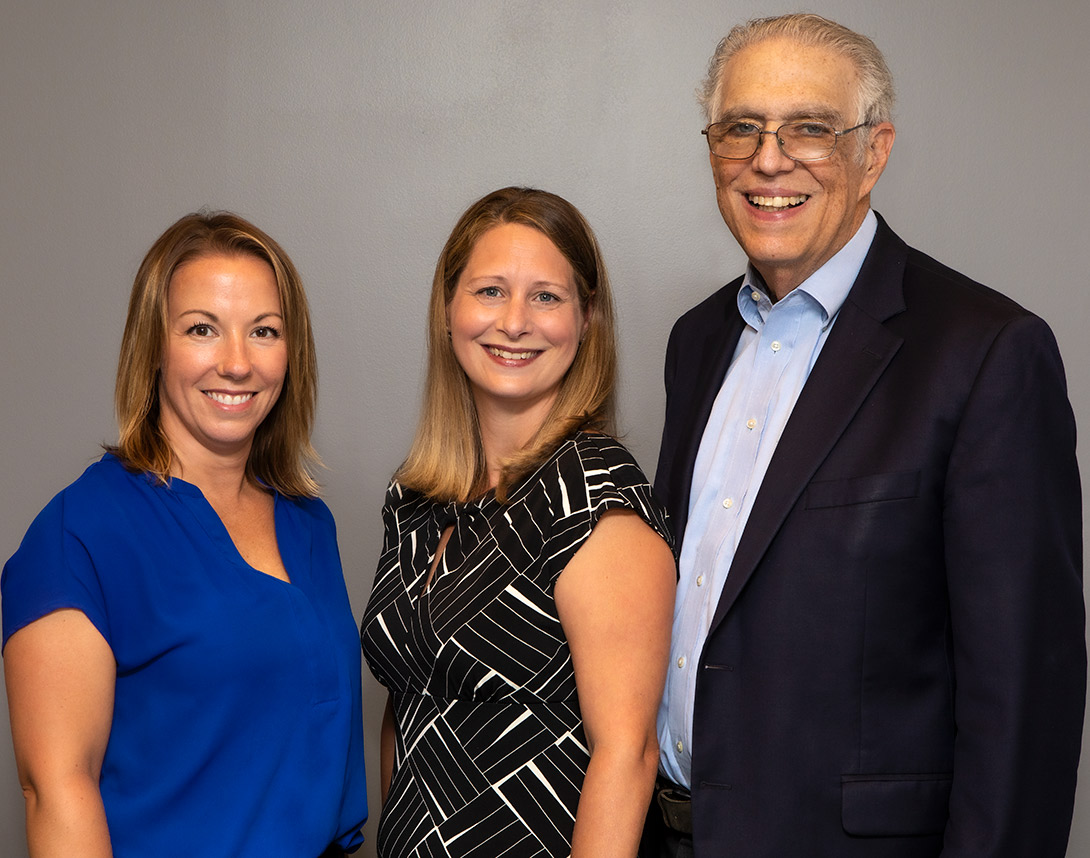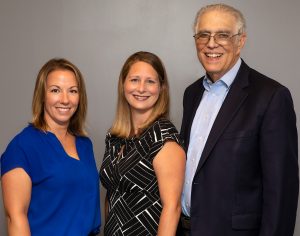New Study: Workers Stressed About their Financial Future
New Study Finds Workers Stressed About their Financial Future, but Very Satisfied with Employment-Based Benefits
Benefits Critical to Feeling Financially Secure, Furloughed Workers Most Concerned
WASHINGTON – September 30, 2020 – The inaugural Workplace Wellness Study conducted by the Employee Benefit Research Institute (EBRI) and independent research firm Greenwald Research finds that two in three employees feel stressed when thinking about their financial future. Nearly half of employees are concerned with their household’s financial wellbeing, citing saving for retirement and having savings in case of an emergency as top sources of financial stress. Yet, only 42 percent of employees are satisfied with their financial wellness benefits and would not trade them with their wages; an equal share would be willing to have fewer financial wellness benefits for higher wages.
“Seven in ten employees believe employees need their employer’s help to be healthy and financially secure, and nearly as many feel the employer has a responsibility to ensure the health and financial security of employees,” said Lisa Greenwald, CEO of Greenwald Research.
With some trended results dating back to 2012 or earlier, the Workplace Wellness Survey examines worker attitudes towards employment-based benefits in the workplace, as well as a broad spectrum of financial wellbeing, employment-based health insurance, and retirement benefit issues.
Since the pandemic began, just under three in ten (28 percent) feel their employer’s efforts to improve their overall well-being has increased, and 61 percent say it stayed the same. However, employees rate their employers’ efforts positively, with 48 percent saying their employer has done an excellent or very good job helping them improve their physical wellbeing, and 42 percent say the same about their emotional and financial wellbeing.
The survey also finds that furloughed workers who maintain access to at least one of their employee benefits are less likely to be satisfied with their primary job and employee benefits than other workers. They are also less likely to feel confident in their ability to make informed decisions about their employee benefits.
The Good News: Employment-Based Health Insurance is a Bright Spot
On the positive side, however, nearly half of employees, 47 percent, are extremely/very satisfied with their benefits package, with 58 percent stating that they are satisfied with their employment-based retirement savings plan and 54 percent being satisfied with their current health insurance plan. Majorities indicate they are satisfied with the retirement and health benefits they have now, and do not want to trade their benefits with their wages.
Health insurance continues to be valued: the benefit employees say contributes most to their feelings of financial security. Nearly two-thirds say their health insurance “contributes a lot” to their security, and more than half (55 percent) say their retirement plan contributes a lot to feeling financially secure. Roughly four in ten cite life insurance, financial wellness, and benefits like accident and critical illness as contributing a lot to their financial security. One-third feel disability insurance contributes a great deal.
“Health insurance remains the benefit employees are most likely to consider when making employment decisions, followed by retirement savings plans, and these benefits play a critical role in employees’ feelings of financial security” said Paul Fronstin, Director of EBRI’s Health Research and Education Program. “Interestingly, the study finds newer benefits, including health wellness programs, critical illness or cancer insurance, and financial wellness programs are increasing in popularity.”
While some were concerned that the pandemic and subsequent financial downturn could lead to employers decreasing or eliminating health care and other benefits, that fear has largely remained unrealized. “Although we’ve heard anecdotal reports that some have terminated benefits coverage for part-time and seasonal workers, employers have largely stayed the course on benefits offered to full-time employees,” said Fronstin.
Open-Enrollment During COVID-19
Three-quarters of employees find their health benefits easy to understand, higher than the six in ten expressing the same level of understanding about their non-health benefits. Employees are confident in their ability to make informed decisions about employee benefits, with two in three stating they are very or extremely confident.
“About half of employees feel their employer has done an excellent or very good job communicating about online benefits resources during COVID, which is important as we go into open enrollment season this year,” said Greenwald. “However, given the pandemic, 37 percent would like more information and guidance during open enrollment than they usually get.” For their next open enrollment, employees are most interested in a portal for selecting benefits, a tool to help make decisions, and online brochures.
Many employees – just under half – say they would welcome advice, either from a third-party benefits advisor or from an online program. Nine of ten surveyed-employees report that they would be likely to use a free online program offering benefit advice, including nearly half who are very or extremely likely.
Employees are also keenly interested in receiving education or advice on how to invest money in their retirement plans and on how much they should be saving for retirement. Three in ten employees take advantage of offered education and advice about benefits. Those that leverage this advice have higher levels of understanding and satisfaction.
Other key COVID-19 related findings include:
- Since the start of the COVID-19 pandemic, employees report that employers have most frequently reacted by furloughing or laying off workers (26 percent), promoting telemedicine benefits (18 percent), and increasing leave availability (17 percent). Only one percent suspended or cut back benefits.
- Slightly more than half (54 percent) report their employer has done an excellent/very good job communicating about COVID-19 policies and procedures. Roughly half (49 percent) feel communication about health benefits has been strong, and nearly as many feel their employer has done a good job communicating about mental health and work-life balance during the pandemic.
A summary of the survey report, The 2020 Workplace Wellness Survey, is available at ebri.org.
About the Survey:
The 2020 survey of 1,028 American workers was conducted online July 13 through August 6, 2020. All respondents were age 21-64, and were weighted by age, race, gender and education. This report focuses on those currently employed, with significant differences for furloughed workers called out, including 900 who are currently employed full or part-time in their primary job, and 128 who are currently furloughed from their primary job, but still have access to their employee benefits. The margin of error at the 95% confidence level for the total sample of current workers in this study (n=900) is approximately plus or minus 3.3 percentage points.
“The Workplace Wellness Survey” builds on previous EBRI/Greenwald collaborative studies including “The Health and Workplace Benefits Survey “ held from 2013 through 2018, “The Health Confidence Survey”, held from 1998 through 2012, and “The Value of Benefits Survey” held in 1999 and 2001.
The 2020 WWS was underwritten by Cigna, MassMutual, Mercer, Prudential Financial, Segal, Unum and Voya Financial.
About EBRI:
The Employee Benefit Research Institute is a private, nonpartisan, nonprofit research institute based in Washington, DC, that focuses on health, savings, retirement, and economic security issues. EBRI conducts objective research and education to inform plan design and public policy, does not lobby and does not take policy positions. The work of EBRI is made possible by funding from its members and sponsors, which include a broad range of public, private, for-profit and nonprofit organizations. For more information go to www.ebri.org.
About Greenwald Research:
Greenwald Research is a leading independent custom research firm and consulting partner to the health and wealth industries that applies creative quantitative and qualitative methods to help companies stay competitive and navigate industry change. Leveraging deep subject matter expertise and a consultative approach, Greenwald offers comprehensive services to answer strategic business questions. For more information, go to www.greenwaldresearch.com







